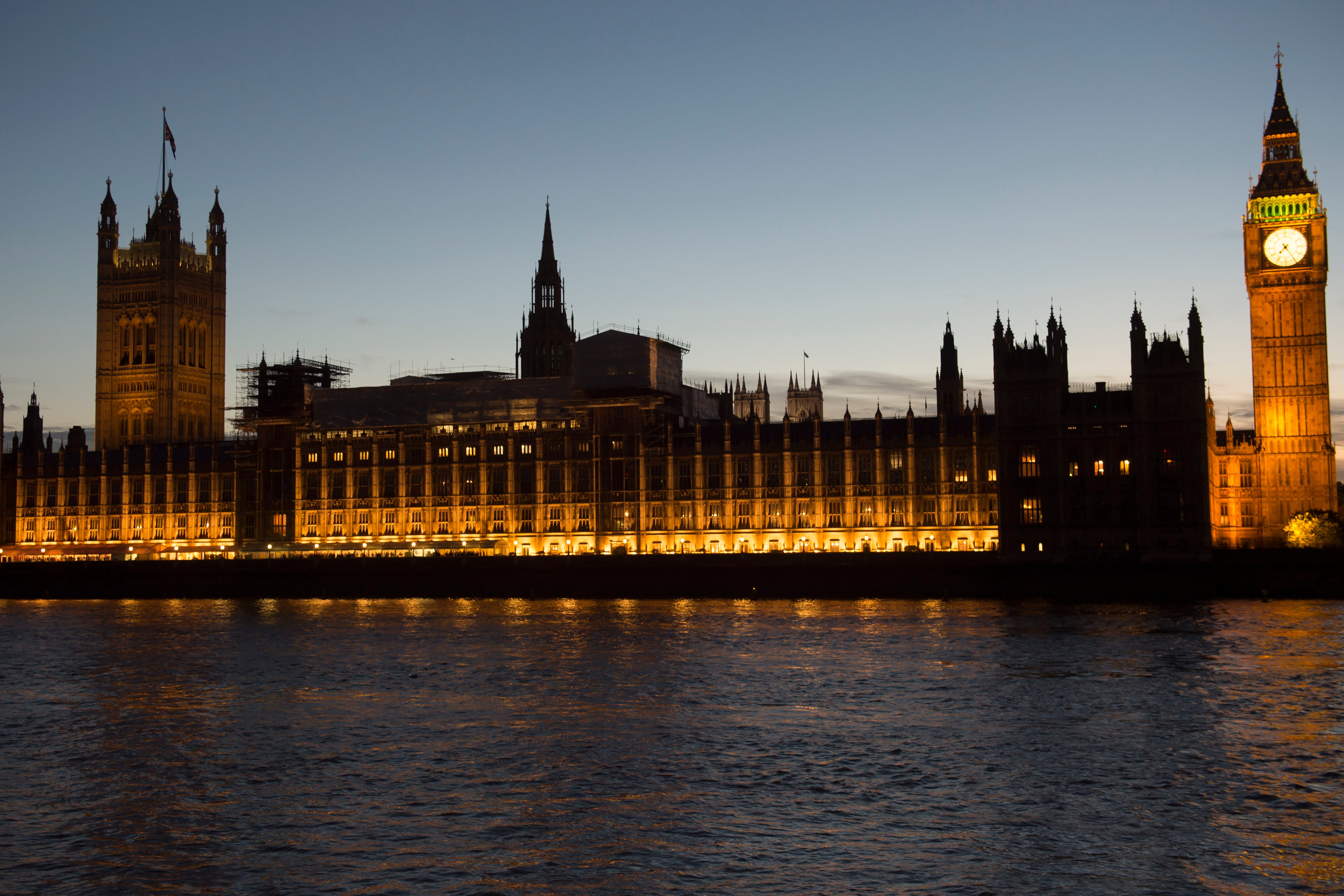Questions remain about system designed to clean up ‘Pestminster’
Independent Complaints and Grievance Scheme will investigate the accusations against Chris Pincher, writes Kate Devlin


When Westminster was dubbed Pestminster five years ago ministers decided they had to act. A new complaints system was set up to help clean up the mother of parliaments.
This is the system that will now look at the former deputy chief whip Chris Pincher who dramatically resigned on Thursday night after allegations he groped two men at a private members’ club.
It was only after the probe was confirmed that Boris Johnson bowed to warnings that Mr Pincher could not remain a Tory MP, and removed the party whip.
While many argue it is better than what came before, serious questions remain over the new Independent Complaints and Grievance Scheme (ICGS).
Its code applies to everyone working on, or visiting, the parliamentary estate and includes a helpline whose complaints are assessed by an independent external investigator. Only if a complaint meets certain criteria will a full investigation be carried out.
An independent expert panel also decides appeals and determines sanctions when the complaint is against an MP and includes allegations of bullying, harassment and sexual misconduct.
But a more than year-long review by the HR director Alison Stanley warned there was a “perception among some that it is a stressful, isolating and very lengthy process”. Since then the ICGS says many of Ms Stanley’s recommendations have been implemented.
Some have also criticised the system for not allowing complainants to remain anonymous. They argue that inside parliament many victims are often members of staff who work for the very MP at the centre of the allegations.
But the ICGS itself says “formal complaints cannot be raised anonymously since this would not allow the respondent to understand the complaint against them or for the complaint to be resolved or investigated fully”.
These issues – and others – are now risking the confidence of those the ICGS was designed to help.
Earlier this year the Commons speaker Sir Lindsay Hoyle urged ”radical” reforms to working practices in Westminster.
His call attracted the support even of the former Commons leader Andrea Leadsom, who created the ICGS.
Last month she said: “Things haven’t changed and that’s because there aren’t enough cases coming through and it’s taking too long for investigations to come to an end.
“It’s only when you see people getting done for being blind drunk and subject to the appropriate sanctions that people will start to think twice about their behaviour.”






Join our commenting forum
Join thought-provoking conversations, follow other Independent readers and see their replies
Comments